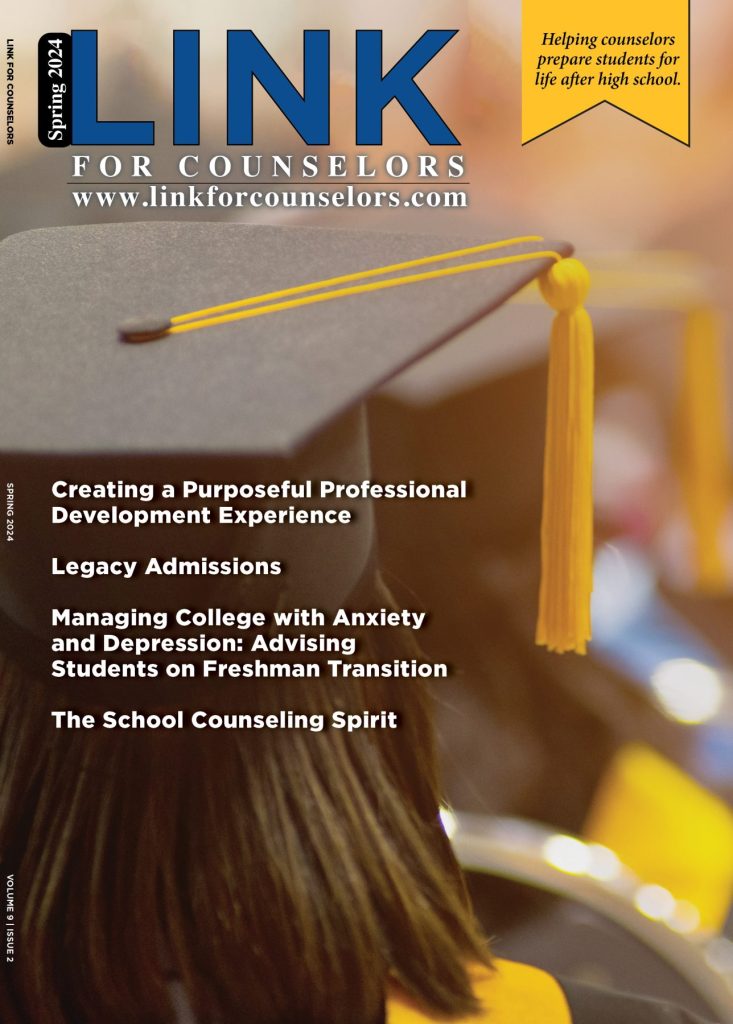What Should Happen When Tutoring/Prep Doesn’t Seem to Work
Now that we’re halfway through the school year, it’s likely that some of your students have taken their first SAT or ACT exams. Perhaps some of those students prepped extensively––through self-driven practice, private tutoring, courses, or mock exams––but did not achieve results consistent with their efforts. This can be demoralizing, especially for those students whose efforts in other academic pursuits have generally correlated with success. Not to mention, standardized test scores disproportionately influence admissions decisions––a fact that students internalize all too thoroughly. The pressure and disappointment that come with undesirable scores present a fight or flight opportunity: students can either redouble their efforts, or remain resigned to their current scores. We’re here to discuss resisting the latter by properly executing on the former.
Just how students approach their second try is important. To make it worth the time and effort, they must address the problem––that their hard work did not yield results––analytically, in a manner not unlike that of technological troubleshooting. When your printer breaks, what do you do? (Those of you who immediately throw it away and get a new one should forget about that for the time being.) Generally, you check individual components, ruling out potential problems until the true culprit surfaces. In the same way, students should ask themselves a series of questions aimed at finding the root cause (or causes) of their troubles. We’ll outline a few here.
1. Did I dedicate enough time to prep? In many cases, the answer is simply “no.” For most students, the SAT and ACT require much more prep time than anything else high school students have spent preparing for. Six hours isn’t enough; sometimes even twelve hours won’t cut it. Part of succeeding on the SAT and ACT is developing a deep familiarity with the style, structure, and feel of the exams. For some students, this takes an unexpectedly long time.
2. Did I prepare correctly? The definition of “correct” preparation varies with each student, but one thing holds true for almost all: simply reviewing incorrect answers is not maximally effective. At MTP, we’ve written about this extensively. Well targeted prep is never about understanding question 27 in test 4, but is rather about internalizing the underlying concept that bridges this question to all others like it. Only by learning a widely applicable strategy will students be able to improve their scores. To focus too much on just getting the right answer is to mistake the forest for the trees. For students who have prepped thus far without positive results, a serious reckoning must take place. How much time have they actually spent learning strategy rather than simply correcting their answers? If the answer is “very little” (as it often is), students need to adjust the kind of prep they’re doing.
3. Am I timing myself? The simple fact is that the content of both the SAT and ACT is inseparable from the time allotted to dealing with it. Too many students, however, practice without timing themselves according to the prescribed durations of the respective sections. A heads up: given ample time, many students could bag excellent scores; the time limitations are there to limit the number of students who are able to get many questions correct. There is no way to improve scores without mastering the content in the allotted time. Students should be practicing full-length sections on the clock, period.
4. Am I defaulting to square one on the real thing? The SAT and ACT are such nerve-inducing exams that they can transform even normally levelheaded students into mental wrecks on test day. Once the cycle of anxiety kicks in, many students respond by scrambling, reverting to the bad habits they possessed before prepping. This is more common than we think. (I remember dealing with this myself!) One way to counter this tendency is to take several official, full-length practice exams, during which students are pushed to consistently apply the proper technique that has been layered atop of their normal approaches. Ideally, the practice doing so acts like muscle memory by the time the real thing rolls around: students become so used to applying strategies for particular questions that the methods become routine ahead of the official exam.
Depending on their answers to these questions, your students might decide to switch their mode of prep. This is a healthy and necessary step in the standardized testing process, and one that students should embrace rather than dread. Improvement on the SAT and ACT requires effort and attention. For test takers whose initial scores weren’t stellar, the questions above can help renew focus and encourage smart prep choices for the future.
Evan Wessler is the VP Education of Method Test Prep. He can answer any questions you have about the SAT or ACT by e-mailing him at evan@methodtestprep.com or visiting the Method Test Prep website at methodtestprep.com.




